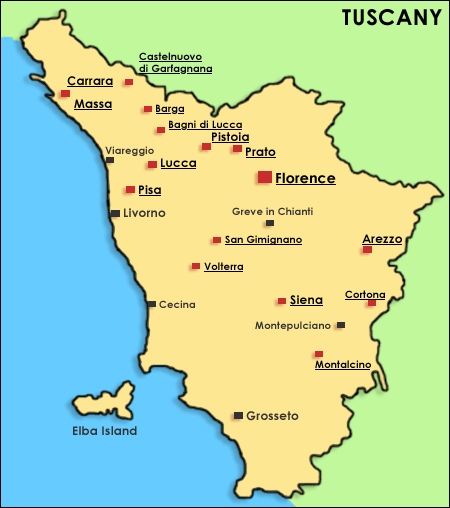Real Estate ABC Information on Buying and Selling A Home
Post on: 16 Март, 2015 No Comment

Long-term mortgage interest rates pushed farther down toward year-long lows in January, according to data from mortgage finance company Freddie Mac, as foreign financial distress continued to weigh on the minds of investors.
U.S. existing-home sales and prices rose in December, according to the National Association of Realtors, pushing 2014 prices to their highest level in seven years. Total sales of U.S. existing-homes increased 2.4 percent in December, to a seasonally adjusted annual rate of 5.04 million, up from 4.92 million in November.
The share of zombie foreclosures homes in the foreclosure process where owners have vacated before the bank has repossessed the property rose to 25 percent of all active foreclosures as of the end of January, according to foreclosure data firm RealtyTrac. The report found that although the total number of such defaults fell 6 percent to 142,462 from the previous year, the share of zombie foreclosures rose 21 percent from the same time in 2014.
Even though long-term mortgage interest rates declined for the majority of the last year, most analysts are predicting that higher rates will make a comeback in 2015. Most of those forecasts are based on the fact that the Federal Reserve has ended its bond-buying program and is likely to slowly start raising its target interest rates this year in order to combat inflation.
After several years of ultra-tight mortgage standards, there may be a break in the clouds for borrowers with less-than-perfect credit soon. Mortgage giants Fannie Mae and Freddie Mac put into place new guidelines for home loan lenders that took effect December 1 and several big banks are already preparing to make some significant changes to their credit requirements.
Young would-be homebuyers are increasingly unable to make the dream of homeownership come true, according to the results of the latest survey from the National Association of Realtors. The Great Recession, student loans, and a strict lending climate seem to be the big problems for the nations young buyers.

Although the Federal Reserve has been regularly broadcasting its plans to raise its target interest rate next year, no one seems to be listening. Two economists at the San Francisco Fed found that neither economists and investors nor the general public believe that the Fed will raise rates as soon as they say.
After years of ultra-tight mortgage lending standards, a new report from the Federal Reserve indicates that banks may be easing their requirements for home-buyers. If that occurrence should become a trend, the stalled U.S. housing market recovery could make headway again by the end of the year.
The latest reports show that U.S. mortgage lenders have been easing their credit standards for loan applicants well at least for the wealthiest customers, that is. For first-time buyers and those with any credit blemishes things have not gotten any easier.
Last year investors bought one out of every five home sales in the U.S. according to the National Association of Realtors, but with rising home prices and fewer distressed properties, that percentage is likely to fall significantly this year.














